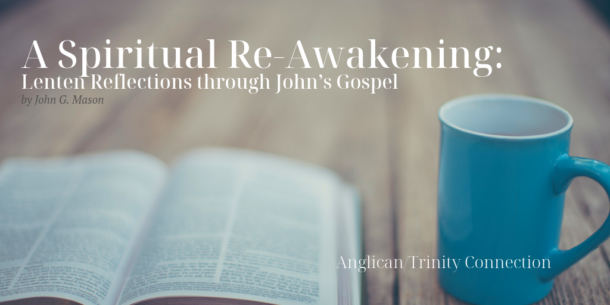(Ash Wednesday, March 6. 2019)
Keith Ward in his Why There Almost Certainly Is a God (Lion: 2008) critiques the views of Richard Dawkins and others on the question of the existence of God.
A highly respected philosopher and theologian, Professor Ward raises questions about the dubious nature of materialism. ‘Most of us (philosophers) do not want to deny that material things exist,’ he writes, ‘but we are no longer sure of what matter is. Is it quarks, or superstrings, or dark energy, or the result of quantum fluctuations in a vacuum?’ (p.14) ‘What is the point of being a materialist when we are not sure exactly what matter is?’ he asks. ‘It no longer seems to be a set of simple elementary particles… What this means is that materialism no longer has the advantage of giving us a simple explanation of reality’ (p.15).
He also raises questions about the problem of consciousness, namely, ‘how conscious states – thoughts, feelings, sensations
Following a carefully developed analysis of a scientific and materialistic explanation for our existence, he observes, ‘But perhaps materialism is the greater delusion. Consciousness is the most evident sort of existence there is, and it is not necessarily bound to matter. It will then be very natural for finite consciousness to have an affinity with the spiritual consciousness of God, and sharing in the divine awareness is their most natural form of existence.’
‘Immortality is not a fiction invented to compensate for an unhappy life,’ he comments. ‘It is the perception that our conscious lives are not bounded by space and time, and that they find fulfillment in union with a supreme spiritual reality that seems, even during this life, to take us beyond the limits of time’ (p.96).
It is this spiritual reality that the Lenten readings from John’s Gospel open up for us.
Read
John 1:1-5, 9-14, 18
1 In the
9 The true light, which gives light to everyone, was coming into the world. 10 He was in the world, and the world was made through him, yet the world did not know him. 11 He came to his own, and his own people did not receive him. 12 But to all who did receive him, who believed in his name, he gave the right to become children of God, 13 who were born, not of blood nor of the will of the flesh nor of the will of man, but of God. 14 And the Word became flesh and dwelt among us, and we have seen his glory, glory as of the only Son from the Father, full of grace and truth…
18 No one has ever seen God; the only God, who is at the Father’s side, he has made him known.
Reflect
With his opening verses, the gospel writer John introduces us to ‘the Word’. He tells us who the Word is and from where he comes; we learn that he is truly God (1:1), eternal (1:2), the creator of all things and the source of our existence (1:3); he opens our eyes as well as opening the way to the spiritual dimension of life (1:4). He was God, and yet with God – by
The Word of God, whose very nature and existence
But there is an ironic tragedy: left to ourselves we reject the Word and his light. We prefer to live in the darkness of our own egos. We need God’s work of grace within us to open our eyes to the truth (1:5-13).
In his opening section (1:1-14), John introduces us to a counterintuitive idea: there is more than one Person who makes up the One God of the Bible. Throughout eternity God exists in
Prayer
Blessed Lord, you have caused all holy scriptures to be written for our learning:
Daily Reading Plan
Read John 1:1-18



